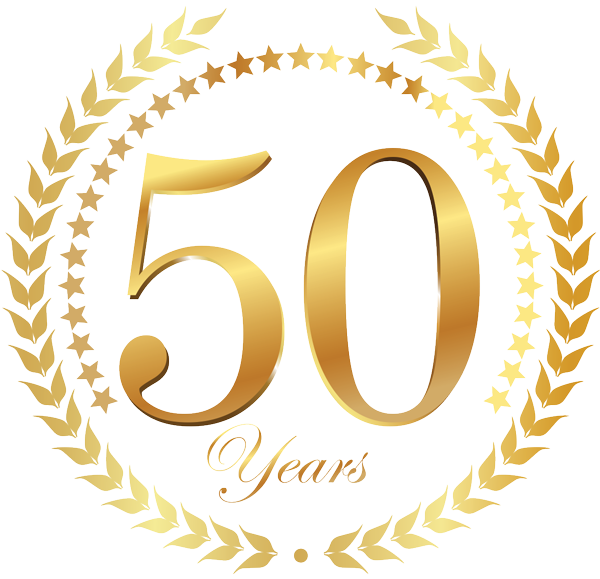 Forensic accounting[1] investigates financial transactions and business situations to obtain the truth and develop an expert opinion regarding possible fraudulent activity.
Forensic accounting[1] investigates financial transactions and business situations to obtain the truth and develop an expert opinion regarding possible fraudulent activity.
Two areas of expertise make up the field of forensic accounting:
- Litigation support and investigative or fraud accounting. Litigation support includes business valuation, revenue analysis, expert witness testimony, and future earnings evaluation. Investigative accounting is the process of gathering evidence of criminal conduct and substantiating or disproving damages (Fillmer, 2003).[2] It also includes an investigation of financial misconduct that is handled as a civil matter and the efforts of a consulting expert for the investigative aspect and the testifying Expert in a court setting.
The earliest known evidence of forensic accounting has been traced to an advertisement in a newspaper in Glasgow, Scotland, appearing in 1824. At that time, arbiters, courts, and counsels used forensic accountants to investigate fraudulent activity.
The need for forensic accounting has resulted from regulatory and criminal statutes passed over time.
- In the early 1900s, the adoption of the Federal Income Tax created a demand for forensic accountants due to income tax evasion. As a result, the Internal Revenue Service (IRS) Criminal Investigation developed many forensic techniques to detect tax evaders, including indirect methods: Net Worth, Bank Deposits and Currency Expenditures, and Expenditures[3]. One of the first income tax evasion cases uncovered by a forensic accountant was that of the infamous gangster Al Capone.
- Generally, when fraud is involved, these transactions evolve into legal proceedings such as criminal cases in trial, civil cases, litigation depositions, arbitration, or courtroom testimony.
Federal Rule 702 Testimony by Expert Witnesses:
A witness qualifies as an expert based on knowledge, skill, experience, training, or education and may testify in the form of an opinion or otherwise if:
(a) the Expert’s scientific, technical, or other specialized knowledge will help the trier of fact to understand the evidence or to determine a fact in issue;
(b) the testimony is based on sufficient facts or data;
(c) the testimony is the product of reliable principles and methods;
(d) and the Expert has reliably applied the principles and methods to the facts of the case.
Testifying as an expert in Federal and State courts:
Under the federal rule, the Expert may be a Certified Public Accountant, Certified Fraud Examiner, or a Specialist with particular knowledge in their area of specialty, i.e., a retired IRS Special Agent or FBI Special Agent. Having specialized knowledge, a degree in accounting, experience in bookkeeping and financial statement analysis, and specialized training and experience with the US Treasury Department investigating cases for income tax violations, money laundering, public corruption, Ponzi schemes, and advanced fee schemes help to establish “other specialized knowledge.”
Forensic accounting includes consulting experts and testifying experts. They can work for the defense or the plaintiff in civil cases and assist a special prosecutor in criminal prosecution.
- Consulting Experts are investigators that help gather physical and documentary evidence and talk to witnesses in preparation for deposition, as done by a Private Investigator.
- Testifying Experts receive case data developed by attorneys, private investigators, and the client for review, organization and analysis to render a report with exhibits (ROAR) to support opinions presented in the report.
These two disciplines, Forensic Accounting {#1} and Expert Witness {#2} coalesce in investigations of fraudulent activities because testimony and documentary evidence come together to help the trier of fact, a court (Judge & Jury), understand a complex matter.
The criminal and civil matters require an in-depth confidential review of voluminous records, the preparation of analyses documented by exhibits, and a report with conclusions.
These cases generally deal in volumes of records in PDF, Excel, and Word documents. Images from photographs and videos may be involved. (1,000s of files to 1-TB of data files representing tens of thousands of documents.)
There is no standard format for a forensic accounting report, but certain areas must be covered. The report must meet all the required criteria under FRCP 26(a)(2)(B) or other rules.
In a criminal case, the findings will be presented in reciprocal discovery and as part of the Expert’s testimony during the trial.
Before trial and depending on the matter, the defense will request a Daubert hearing where the opposing counsel challenges the validity and admissibility of the expert testimony before a judge. The Expert must demonstrate that their methodology and reasoning are scientifically valid and can be applied to the facts of the case.
The judge is the designated gatekeeper to allow or disallow testimony of the Expert Witness.
- Testifying in court is an art that is obtained through training and experience.
- When testifying in court, the Expert must be a teacher using terms the jury will understand and not testify arrogantly
- Often, the issues are complex, and the Expert should be able to turn the complex problems into simple language the judge or jury can understand.
- With the computer age, Experts can communicate via email, cell phones, audio/video conferences, dropbox, scanners, and other communication devices.
If your law firm requires financial investigative expertise as a consulting expert or a testifying expert witness, call Chief Investigator Edmond Martin of Sage Investigations at 512-659-3179 or email Ed at edmartin@sageinvestigations.com. Visit our new at www.Sageinvestigations.com and review our team and their CVs.
[1] Journal of Business &: Economics Research – February 2006 – Forensic Accountants: Financial Investigators by Les Nunn, Brian L. McGuire Carrie Whitcomb, and Eric Jost, all of the University of Southern Indiana.
[2] Fillmer, Scott. Forensic Accounting Defined. www.cris.com/-dfillmer/forensic.htm, 27 MY 2003, online posting
[3] Edmond J. Martin – Sage Investigations, LLC, the Beacon, Auditing Attestation vs. Investigative Accounting. http://archive.constantcontact.com/fs138/1111560255866/archive/1125341373135.html


 Call
Call